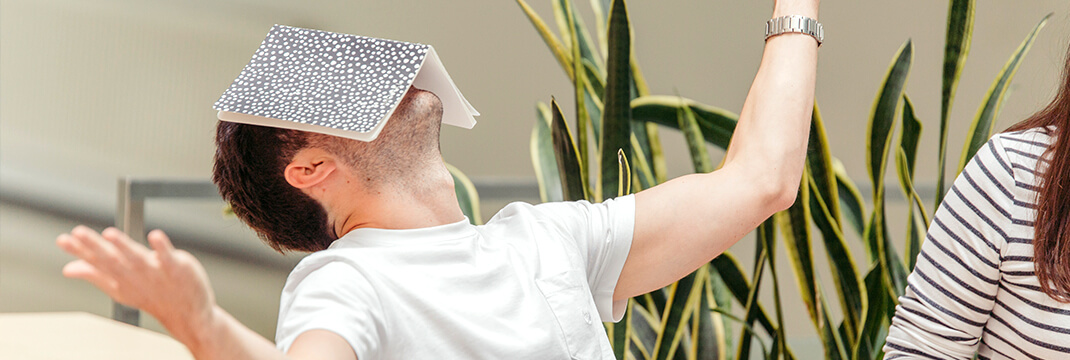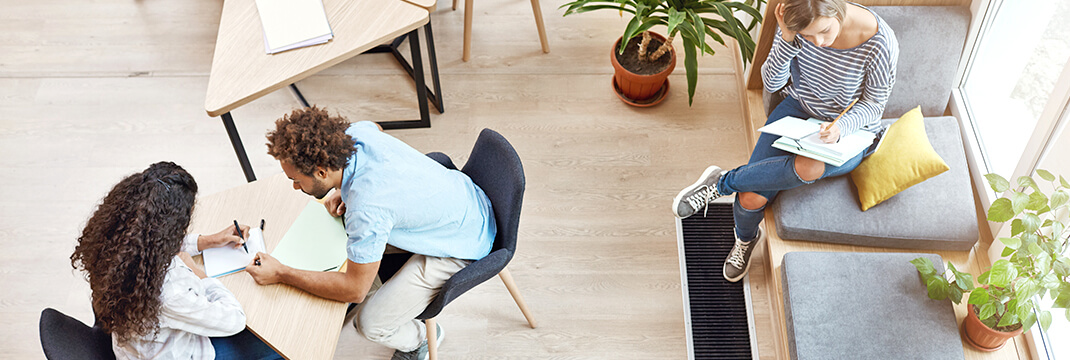Learn More and Study Less
- Study sessions should last from 25 to 30 minutes.
If you want to learn how to study productively, you ought to forget about spending too many hours on hitting the books. Studying without regular pauses is one of the worst things for students. At the University of Michigan, a study was conducted in order to determine the amount of time when a student can be concentrated. As a result, the researchers discovered that after 30 minutes of reading, the students were starting to get distracted and their understanding of the certain material decreased.
Taking a five-minute break after every 30 minutes will give you an opportunity to recharge your batteries and proceed with the next intensive study block. Lobdell suggests doing some rewarding activity while having a break. For example, you can talk to your family, call a friend or simply listen to music.
- Remember about creating a space that will serve only for studying process.
It’s no secret that only some people can take the advantage of having a separate room that can be devoted exclusively to reading. Nevertheless, if you are situated rather close to your bed or other spaces for recreation, they can become irritating distractors for you.
Frankly speaking, Lobdell gives a piece of advice on studying at a desk that was designed only for study. Thus, you are not able to contact in a visual way with these distracting objects. As soon as half an hour has passed, bear in mind to leave that desk. After a small pause, you can come back and continue working on assignments.
- Prefer studying in an active way.
You can learn information depending on its type. As a matter of fact, all learning material can be divided into two groups: a data and a concept. Lots of students make an attempt to memorize as well as repeat similar data or concepts. However, concepts are of a bigger importance since if you understand them, you will find them very easy to keep in mind.
- Another good idea is taking qualitative notes.
After each class, you should look through your notes and add up some new relevant and necessary information. In addition, consulting with your classmate or teacher will help you to understand the material better. Remember to do this as soon as you can.
- It’s important to use textbooks correctly.
Settling only for reading is absolutely ineffective. If you decide just to read books and don’t try doing other activities, this wouldn’t be enough. Lobdell recommends to read the chapter quickly, then to question yourself, to read it one more time and recite. Reviewing will be the last step.
- You can also resort to teaching another person the data and concepts you’ve learned.
Being able to explain someone the material that was taught in class means that you have indeed learned it. Apart from that, you can easily identify the moments you don’t understand exactly. Use these study tips and learn more!



